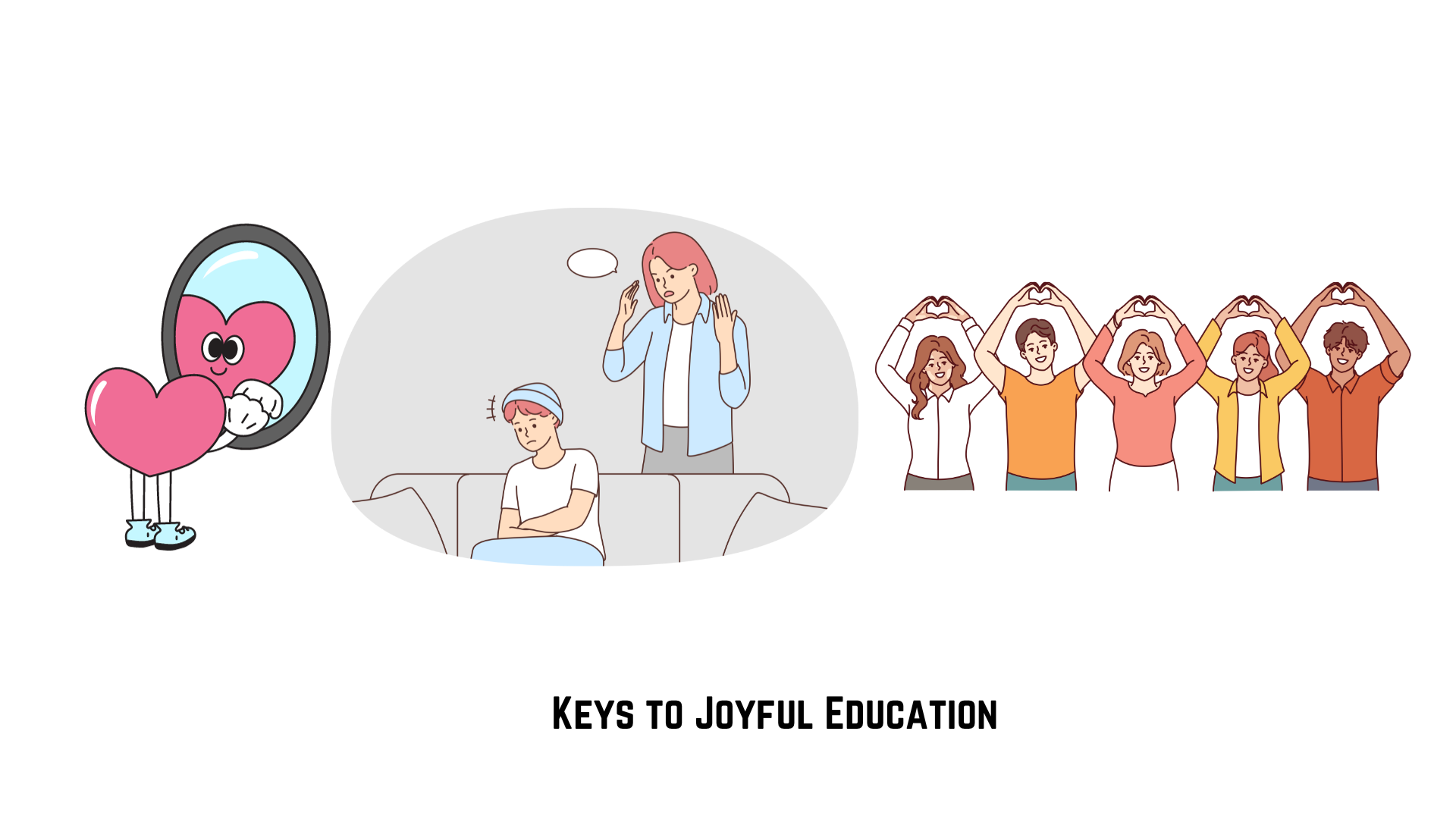Trending Now
- IPL 2024 begins with a bang. First contest between CSK and RCB.
- Election commission allots mike symbol to Naam Thamizhar Katchi
- AIADMK promises to urge for AIIMS in Coimbatore, in its election manifesto.
- Ponmudi becomes higher education minister.
Columns
The evolution of addiction and women’s mental health
![]() January 11, 2017
January 11, 2017
For a long time, addiction was a bad term, used only for people who used drugs or alcohol, who were dropouts, castaways, people who had been shunned from the mainstream of society and looked down upon. Over the last decade or so, addiction has taken a new form, metamorphosing itself to an unwary population. Now addiction to mobile phones and the internet is a major factor to contend with for parents and also psychiatrists.
Many children are exposed to technology very early in their life and though it’s a great tool for learning, occasionally and over time it leads to children being very dependent on it. Hence they are unable to focus on their day-to-day activities, leading to social isolation and lack of productivity. As society in general is not seeing this as a downfall yet, it’s under-recognised and takes a lot of psychotherapy to help the addicted people out of their habit.
As society evolved and gave more responsibilities and rights to women these days, their stress levels and mental health is also taking a paradigm shift. Many women have become more and more confident in handling day-to-day activities and are able to manage anywhere between small businesses to massive firms. However, this exposes them to very high levels of stress also. Work place discrepancies, sexist remarks and exploitation is leading to anxiety, depression and substance abuse more often than a couple of decades ago.
Women in general are more vulnerable to mental health issues as they are constantly evolving in their life roles – from being a child to a teenager going through menarche, to adolescence, college, marriage where they generally have to adopt a different family, motherhood and up to menopause. Their life has not just hormonal changes but a lot of changes in the social scenario too.
In general, mental health is not seen as an important part of anyone’s life; people brush psychological problems under the carpet or say “what can be done by a doctor for my mind issues.” All it needs is to share with someone who is trustworthy and try to change the scenario. If all else fails, then guidance from a psychologist or psychiatrist can be sought.
To create awareness, we need to ensure that we can reach out to the general public and destigmatise mental health issues so that people can come forward and receive appropriate help. This will help in reducing suicides, rates of depression and hence improving the productivity of the whole community. Education at school level with one to two sessions each year would suffice in making children aware of issues they themselves face or the issues that happen around them, wherein over time they can see for themselves how it can be resolved and ensure they or the people affected get proper care.
Disclaimer: The views expressed above are the author’s own






















